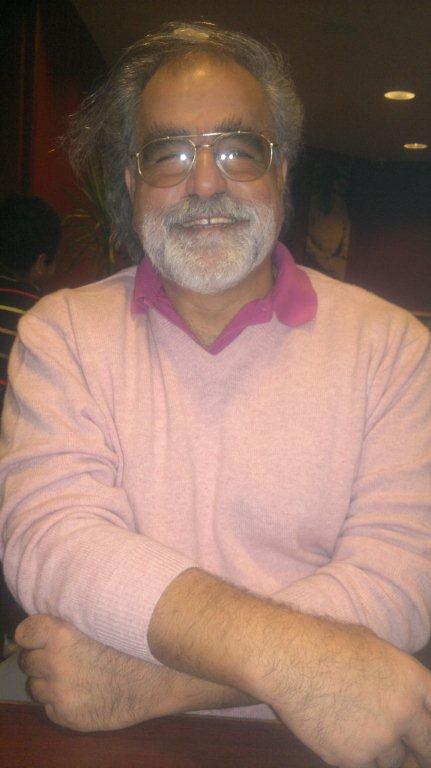Contrarily to these earlier pursued and successful policies, Egypt developed Tourism in the 80s and the 90s in a most unfortunate manner; the only benefit the average Egyptian could take from Tourism was employment, be it in the form of hotel / travel agency employee or souvenirs and services seller (small merchants). The middle and lower classes were not given a chance to entrepreneurship in Tourism. Hotels "'had'' to be 5 stars edifices built in big cities or in desert coastlands far from the average Egyptian.
Quite indicative is what happened at Kom Ombo, in the deep south of Egypt, ca. 40 km before Aswan (860 km south of Cairo). There is an important and magnificent temple of Haroeris and Sokar at Kom Ombo, which is a small town of ca. 60000 people. If methods pursued in Italy, Greece and Turkey -" for the benefit of the middle and lower classes -" were pursued here, there would be many small 2 or 3 stars hotels built at Kom Ombo (or local people would transform their buildings or parts of them into hotels and restaurants). This would pump good money to the people of Kom Ombo, raising their standards of life, as Tourism helped achieve in Siracusa (Italy), Gytheion (Greece) and Alanya (Turkey).
But instead of this, Kom Ombo was left without any hotel, without any tourist infrastructure, and with impoverished inhabitants; one observer studying the case objectively would be left with the impression that Egypt's elite almost hated the people of Kom Ombo and wished Kom Omboans have never existed.
Tourists were sent to big 5 stars hotels in Aswan, notably the illustrious historical Hotel Cataract, New Cataract Hotel, Kalabsha, Basma, Oberoi, Isis, Amun Island -" Club Mediterranee, and Isis Island Hotel, the latter being property of the Pyramisa group whose main shareholder (is) was Alaa Mubarak, son of the president.
From there, in organized tours, tourists were transported to Kom Ombo to briefly visit the temple and immediately return to Aswan (or proceed to Edfu, Esna and Luxor in order to stay in Luxor overnight) without staying in Kom Ombo city even for one minute. This improper and shameful version of Tourism disconnected from the local population and landscape was repeated ceaselessly, leaving to the people of Kom Ombo the shamefully minimal income of souvenirs and postcards sold at the entrance of the temple.
Small businessmen from Aswan were allowed to open small travel agencies or 2 stars hotels for backpackers and were catastrophically disoriented from big tourism business (which would be possible by means of joint ventures) because this would threaten the elite's privileges. However, there was a clear divide between Aswan small businessmen and Kom Ombo small businessmen, and the latter were therefore twice discriminated.
The personal friends of President Mubarak and his sons set up joint ventures with multinational chains of Tourism (Oberoi, Sofitel, Hyatt, Sheraton, Hilton, Intercontinental, etc.) totally eliminating medium and small businessmen from making really profitable business to the benefit of the entire country; ironically, had they thought differently, they would have generated the conditions of their staying longer in power. But, as it happened elsewhere so many times, greed is a very bad advisor.
5. A 2/3 society model or a 1/1000 society model?
Next Page 1 | 2 | 3 | 4 | 5 | 6 | 7
(Note: You can view every article as one long page if you sign up as an Advocate Member, or higher).





